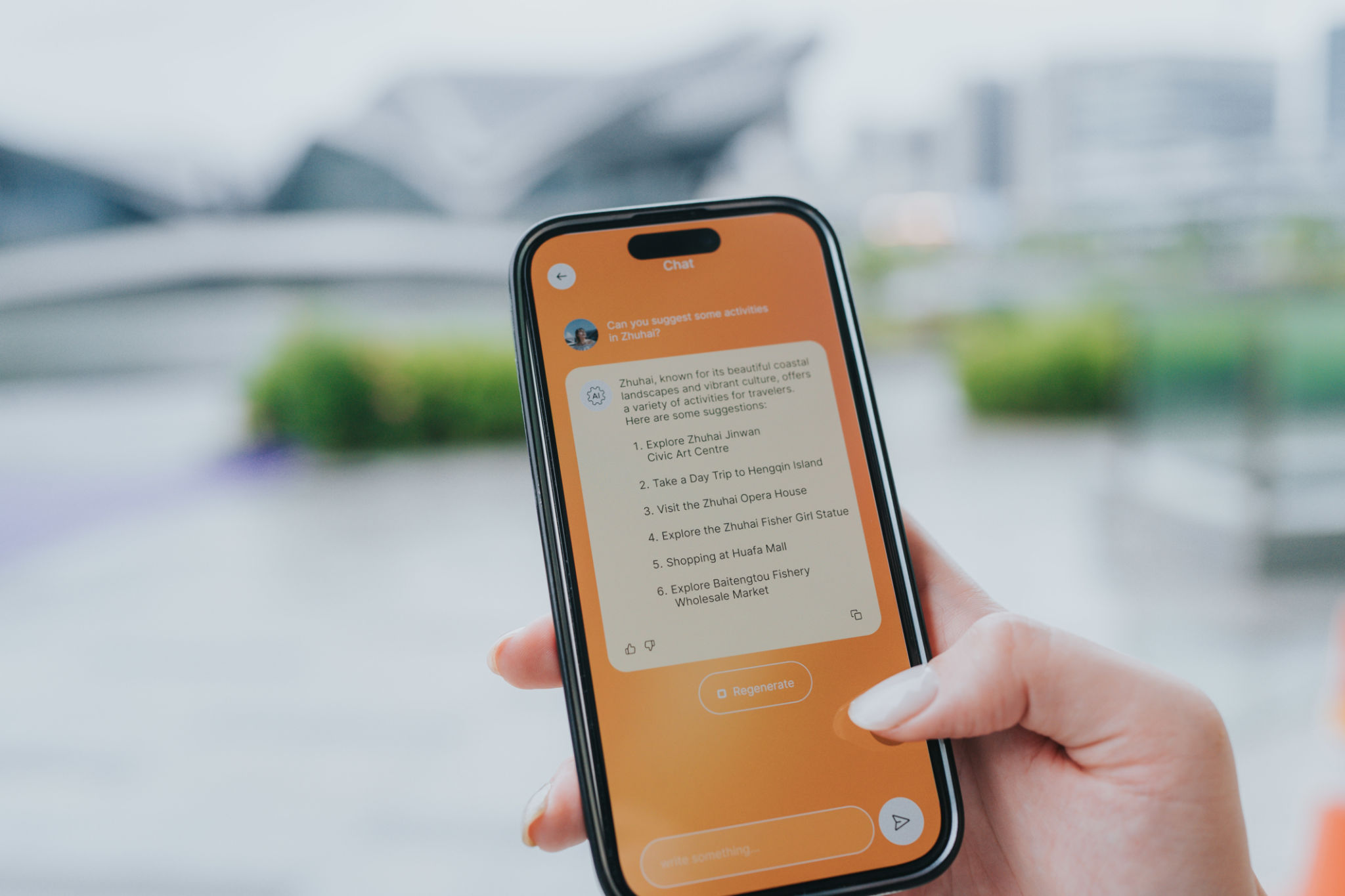How Cultural Consultancy Empowers Indigenous Groups in South Africa
Understanding Cultural Consultancy
Cultural consultancy is an invaluable resource in today's globalized world. It provides expert advice on cultural norms, traditions, and practices, enabling businesses and organizations to operate more effectively in diverse cultural settings. In South Africa, cultural consultancy plays a pivotal role in empowering indigenous groups by bridging the gap between traditional heritage and modern societal demands.

The Role of Cultural Consultancy in South Africa
South Africa is a nation rich in cultural diversity, with a multitude of indigenous groups each possessing unique traditions and practices. Cultural consultants work closely with these communities to ensure that their voices are heard and respected. They facilitate discussions between indigenous groups and external entities, promoting understanding and cooperation.
By providing insights into cultural practices, consultants help organizations navigate sensitive issues, ensuring that initiatives are respectful and beneficial to the communities involved. This collaborative approach not only preserves indigenous heritage but also ensures sustainable development.
Empowering Indigenous Groups
Cultural consultancy empowers indigenous groups by giving them a platform to express their needs and aspirations. This empowerment comes through active participation in decision-making processes, ensuring that development projects align with their cultural values and priorities.
Moreover, consultants often assist in capacity-building initiatives, providing training and resources to indigenous leaders. This support enhances leadership skills and fosters self-reliance, enabling communities to advocate for themselves effectively.

Preserving Cultural Heritage
An essential aspect of cultural consultancy is the preservation of cultural heritage. Consultants work diligently to document and safeguard traditional knowledge, rituals, and languages. This preservation is crucial for maintaining the identity and continuity of indigenous cultures in a rapidly changing world.
Efforts to preserve cultural heritage can include organizing workshops, creating digital archives, and developing educational programs that celebrate indigenous traditions. These activities not only protect the past but also inspire pride and unity among community members.
Challenges and Opportunities
While cultural consultancy offers numerous benefits, it also faces challenges. One significant challenge is ensuring that all stakeholders are genuinely committed to respecting and integrating cultural insights into their projects. Overcoming this requires ongoing dialogue, trust-building, and a shared vision for mutual benefit.
Despite these challenges, the opportunities are vast. As more organizations recognize the value of cultural consultancy, there is greater potential for meaningful partnerships that drive positive change. By harnessing these opportunities, indigenous groups can leverage their cultural strengths to thrive in a globalized economy.

The Future of Cultural Consultancy in South Africa
The future of cultural consultancy in South Africa looks promising as awareness grows about the importance of cultural sensitivity and inclusion. Continued investment in this field will ensure that indigenous groups have the support they need to preserve their heritage while participating fully in modern society.
Cultural consultancy is more than just an advisory service; it is a catalyst for empowerment and transformation. By embracing this approach, South Africa can pave the way for a more inclusive and culturally rich future.